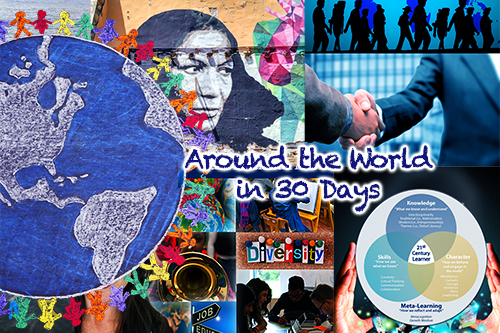
What would you do if you were US Education Secretary? What Curriculum makes education relevant in a 21st Century world? What do Millennials around the world think about Immigration? What do our Top Global Teachers do to promote integration in their increasingly diverse classrooms? Those are the questions we were most curious about this month.
Some time early next year a new President may appoint a new Secretary of Education. With that in mind, our popular Education Debate series returns this US Election year, featuring Diane Ravitch, Howard Gardner, Randi Weingarten, Julia Freeland Fisher, Charles Fadel and Andy Hargreaves. This month, author and director of education research at the Clayton Christensen Institute, Julia Freeland Fisher, is in our hot seat. On the fiercely debated issue of college access and affordability, Julia believes “the question of employer needs should sit at the core of higher education conversations. Without answering it, we risk pumping more and more students through a costly system that is not aligned in reliable ways to the job market.”
The 2030 Agenda for Sustainable Development calls on countries to begin efforts to achieve the 17 SDGs over the next 15 years. The goals address the needs of people in both developed and developing countries, emphasizing that no one should be left behind. We believe the voices of youth are critical to the global conversation on issues facing our world, and proudly launched the Millennial Bloggers this month. Our talented group of 15 Millennials are innovators in entrepreneurship, journalism, education, entertainment, and academic scholarship. This month we asked the team to share their perspectives on the challenges faced in Migration. “We are not addressing the millions who do not, cannot, and will not have the skills set needed to be competitive in a global market,” writes Jacob Deleon Navarrete; “It seems we have either underestimated the number of individuals who will be displaced by globalization, or we don’t care…” Alusine Barrie reflects on his most talented African countrymen who “flee their homes” to live in the developed world, and notes that migration trends will only be contained when “the world takes proactive steps to reduce the concentration of disadvantages in countries like ours…” “Europe has to change,” writes Reetta Heiskanen, but that “change will not be driven by fear and racism. The change should be driven by a unity for a better tomorrow for all Europeans.”
Traditional professions disappear while new ones are created. WHAT should we teach young people in the age Dr. Google, increasing human longevity, international mobility, terrorism, environmental threats, robots and coming soon – gene editing. According to Center for Curriculum Redesign (CCR) founder Charles Fadel, education is “falling behind its mission to prepare students for the future: a world that’s increasingly volatile, uncertain, complex and ambiguous.” Curriculum was significantly redesigned in the late 1800’s when societal and human capital needs demanded it. But the 21st century bears little resemblance to the past. In a new 5-part series, Fadel presents a first of its kind framework of the competencies needed as well as a plan of action for redesigning and implementing a relevant 21st century curriculum. In Part 1 of our series – What is 4 Dimensional Education? – we look at CCR’s framework holistically. In Part 2, we focus on WHAT Knowledge is relevant in a 21st century curriculum. “Across both traditional and modern subjects, we are working to both simplify and connect the content: simplify by boiling down subjects to their essential questions; and connect by highlighting themes across subjects, adding the myriad connections that exist between a subject and all other relevant subjects, and the connections to its application in the world,” explains Fadel.
Our Global Teacher Bloggers are pioneers and innovators in fields such as technology integration, mathematics coaching, special needs education, science instruction, and gender equity. They have founded schools, written curricula, and led classrooms in 13 different countries that stretch across every populated continent on earth. These teachers empower and enrich the lives of young people from nearly every background imaginable. They shared their answers to our question: How do you help students accept and work well with people of different beliefs, cultures, languages, socio-economic statuses, education backgrounds, and learning styles? “If tolerance is to be sustainable and cooperation meaningful,” writes Miriam Mason-Sesay, “it has to be based on how much we have in common as members of the human family, rather than emphasizing our differences.” “In a society that believes in the validity of its own opinions,” Pauline Hawkins notes regarding the importance of teaching children the difference between opinions and facts, “It is only through patience and informed discussions that we can help our children/students open their eyes to the biases that have formed those weightless, negative opinions.”
Our thanks once again to all our amazing teachers, millennials, contributors and supporters around the world.
(Photos are courtesy of CMRubinWorld)
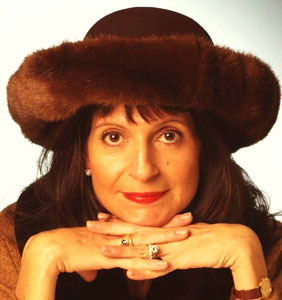
Join me and globally renowned thought leaders including Sir Michael Barber (UK), Dr. Michael Block (U.S.), Dr. Leon Botstein (U.S.), Professor Clay Christensen (U.S.), Dr. Linda Darling-Hammond (U.S.), Dr. MadhavChavan (India), Professor Michael Fullan (Canada), Professor Howard Gardner (U.S.), Professor Andy Hargreaves (U.S.), Professor Yvonne Hellman (The Netherlands), Professor Kristin Helstad (Norway), Jean Hendrickson (U.S.), Professor Rose Hipkins (New Zealand), Professor Cornelia Hoogland (Canada), Honourable Jeff Johnson (Canada), Mme. Chantal Kaufmann (Belgium), Dr. EijaKauppinen (Finland), State Secretary TapioKosunen (Finland), Professor Dominique Lafontaine (Belgium), Professor Hugh Lauder (UK), Lord Ken Macdonald (UK), Professor Geoff Masters (Australia), Professor Barry McGaw (Australia), Shiv Nadar (India), Professor R. Natarajan (India), Dr. Pak Tee Ng (Singapore), Dr. Denise Pope (US), Sridhar Rajagopalan (India), Dr. Diane Ravitch (U.S.), Richard Wilson Riley (U.S.), Sir Ken Robinson (UK), Professor Pasi Sahlberg (Finland), Professor Manabu Sato (Japan), Andreas Schleicher (PISA, OECD), Dr. Anthony Seldon (UK), Dr. David Shaffer (U.S.), Dr. Kirsten Sivesind (Norway), Chancellor Stephen Spahn (U.S.), Yves Theze (LyceeFrancais U.S.), Professor Charles Ungerleider (Canada), Professor Tony Wagner (U.S.), Sir David Watson (UK), Professor Dylan Wiliam (UK), Dr. Mark Wormald (UK), Professor Theo Wubbels (The Netherlands), Professor Michael Young (UK), and Professor Minxuan Zhang (China) as they explore the big picture education questions that all nations face today.
The Global Search for Education Community Page
C. M. Rubin is the author of two widely read online series for which she received a 2011 Upton Sinclair award, “The Global Search for Education” and “How Will We Read?” She is also the author of three bestselling books, including The Real Alice in Wonderland, is the publisher of CMRubinWorld, and is a Disruptor Foundation Fellow.
Follow C. M. Rubin on Twitter: www.twitter.com/@cmrubinworld

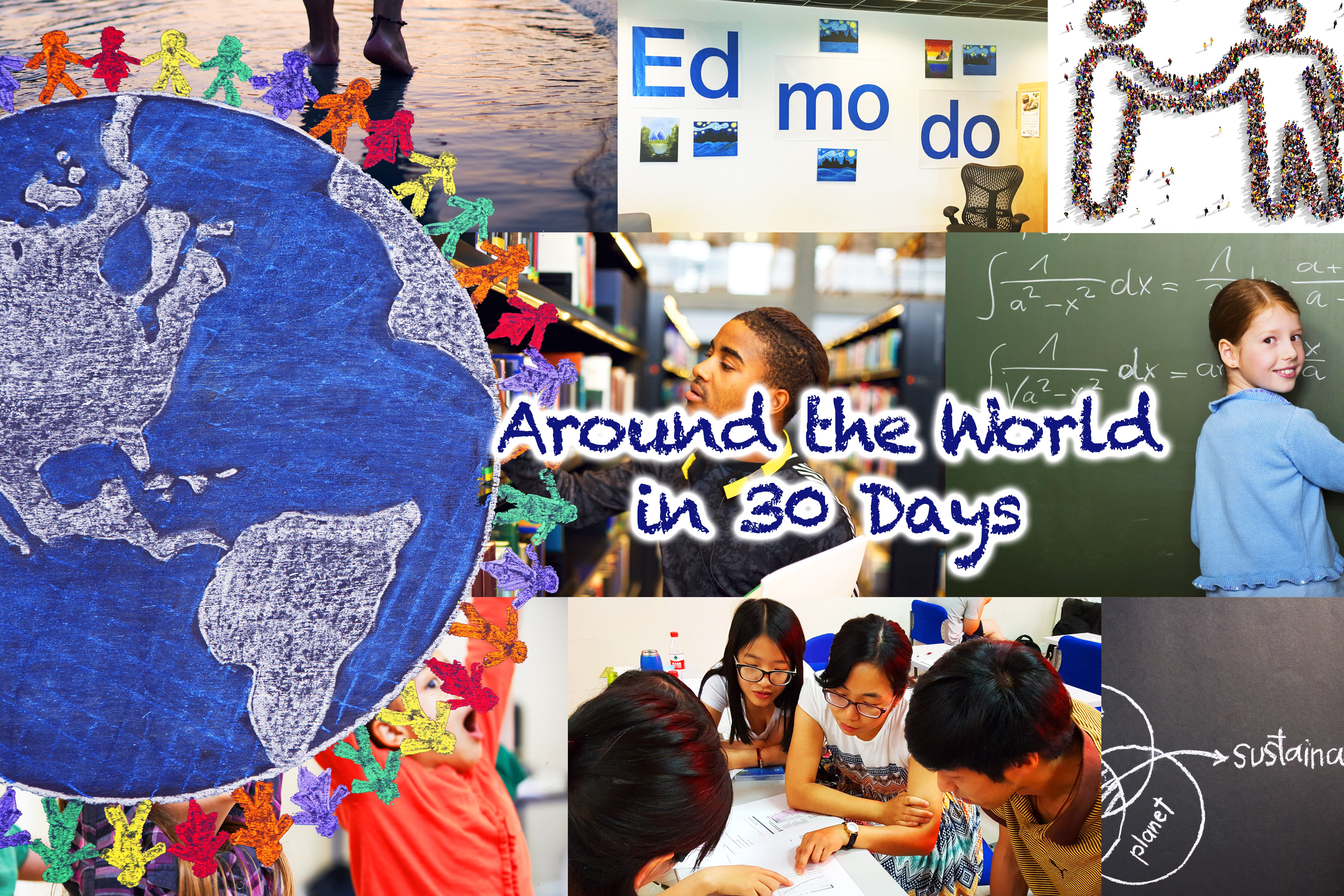
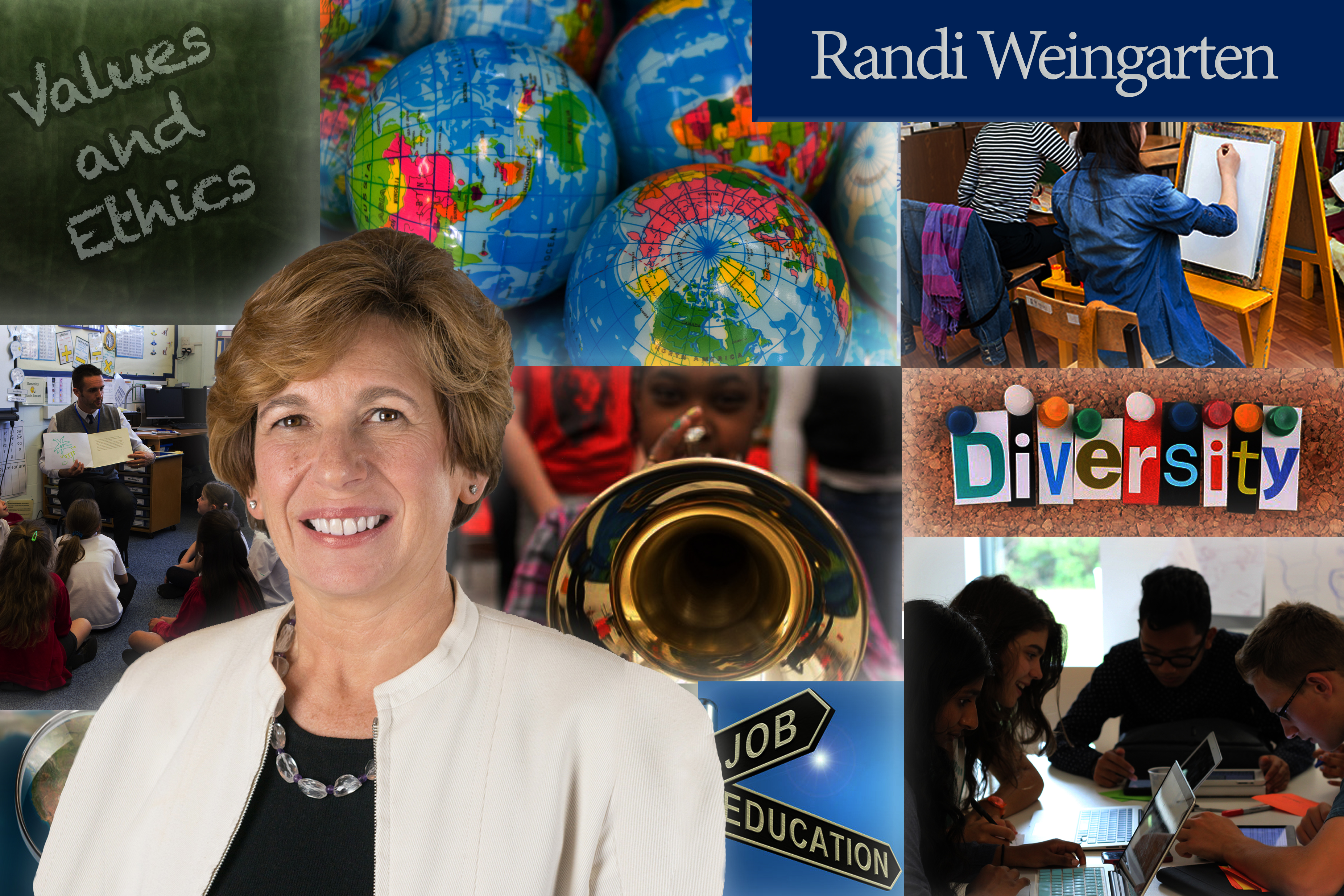
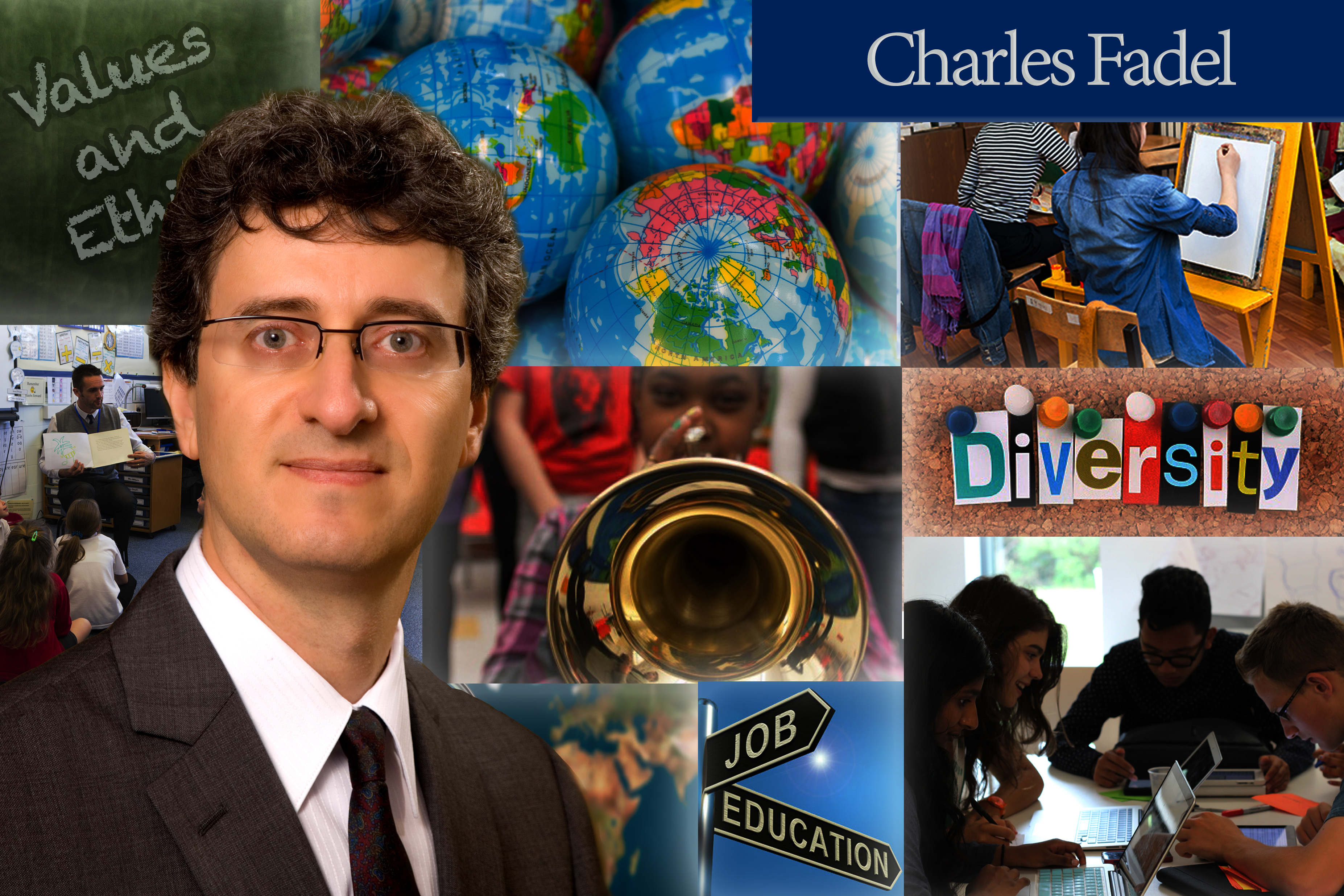
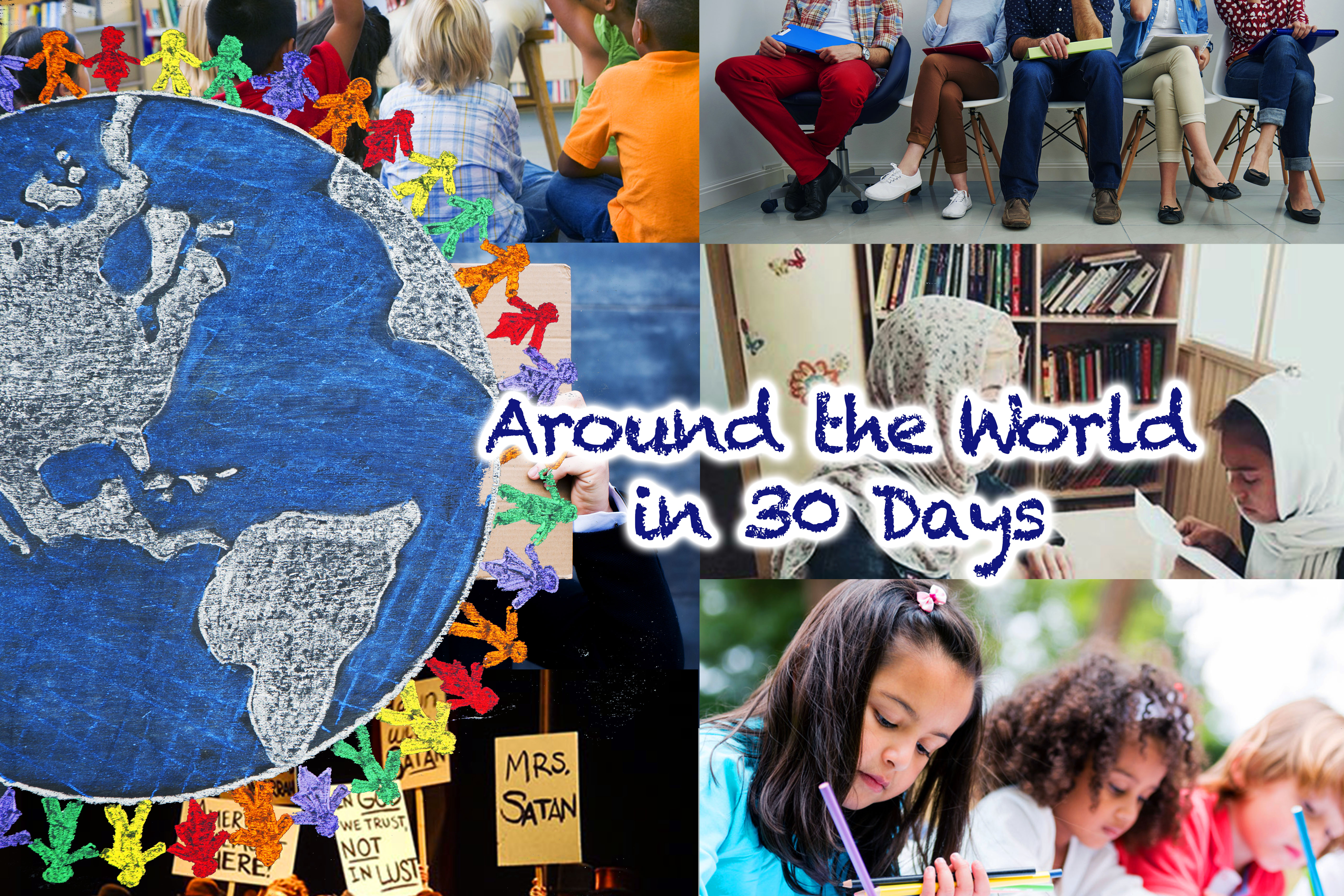
Recent Comments